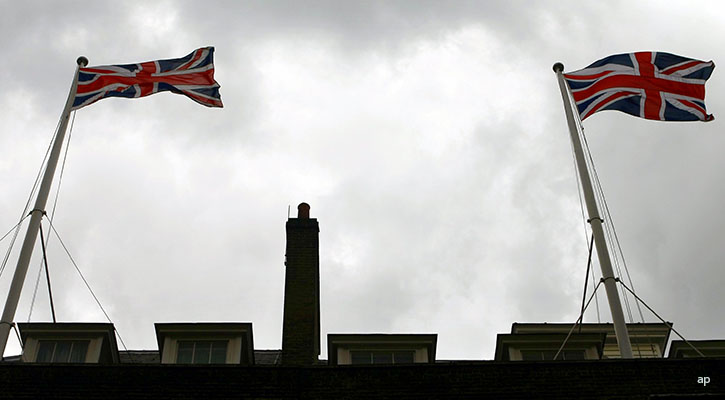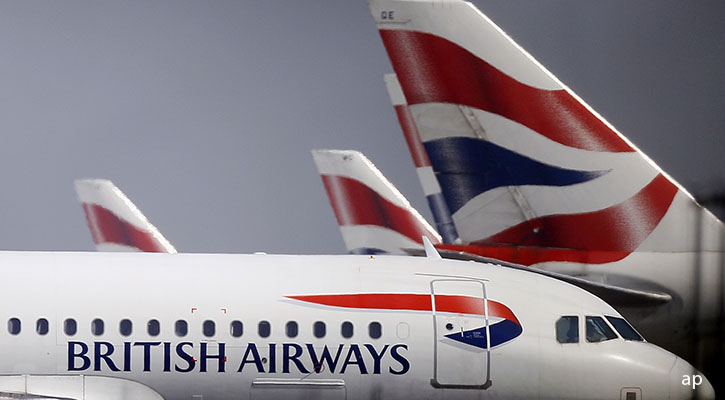
To say it’s been a bad couple of weeks for airline passengers would be an understatement, but there may be yet more pain ahead for investors too.
Morningstar equity research analyst Joachim Kotze says airlines can justifiably be accused of overbooking flights in a bid to generate cash. The ensuing chaos with cancellations has severely damaged brand reputations and may lead to revised earnings expectations. That said, much of the bad news may already be priced in.
“The entire aviation industry is struggling to recruit staff (on the ground and in the air) to meet demand returning sharply after more than two years of travel restrictions,” he says.
“We believe there is low probability the staffing crisis will be resolved by the busy summer period, impacting an industry that was looking forward to a bumper season and profits, as it looks to restore stretched balance sheets. Investors can now expect earnings disappointments and downgrades, although we believe a lot of the bad news is priced in.”
UK brand easyJet (EZJ) is among the most exposed brands. The budget airline had made deep cuts to its headcount in the pandemic, and its sizeable footprints at key hubs like London Luton, Gatwick and Stansted make it even more exposed to the chaos than others, including Ryanair, which has opted to make use of less popular secondary airports.
Today (Wednesday) industrial action in Italy added more drama to the mix. At Gatwick, reports suggest easyJet is now cancelling flights to Alicante and Malaga, two firm favourites among British holiday makers.
Investors won’t be observing this with a smile on their faces. Shares in the company are down 2.2% in the last month alone. But does that make it a bargain? Possibly, by more uncertainty lies ahead for the company.
Beyond summer, airlines face the impact of a potential recession on cashflow, and customers may look to limit their discretionary spending on things like holidays as a result. All that makes a strong balance sheet vital, and, though easyJet is by no means the worst candidate in that category, investors may just prefer to swerve any turbulence in their portfolio.
In September last year, it said investors had bought up 93% of the new shares it offered in a £1.2 billion rights issue designed to shore its coffers for the post-pandemic recovery. That will hardly have warmed the cockles of its existing shareholders, but in the long-term it provided vital reassurance at a point of severe uncertainty.
As for the human factor, however, easyJet and its peers are still playing catch-up with recruitment anyway, and the lead times for training are long. Staff must pass security clearances as well as customer service and safety training.
“Attracting staff takes time as many have left the industry for similar levels of pay and better hours. The industry will potentially need to pay up to attract staff leading to cost pressure,” Kotze says.
“Looking beyond summer, if a recession bites and higher fuel prices persist it could be a double whammy manifesting in lower consumer demand for discretionary items, such as travel, while airlines battle to pass on higher fuel bills.”




























